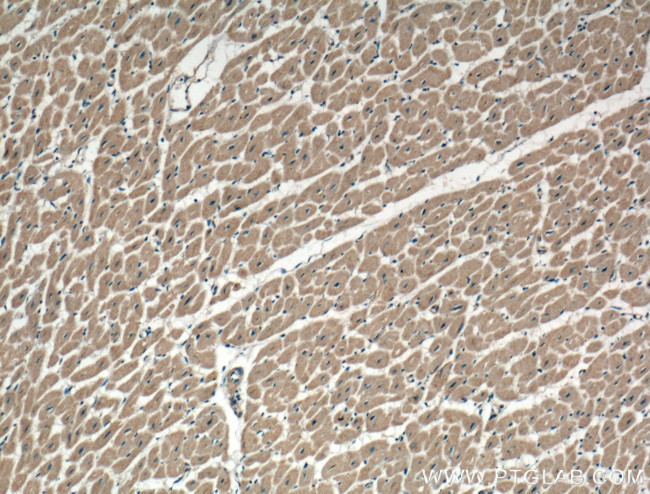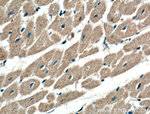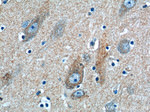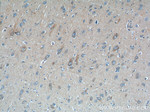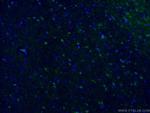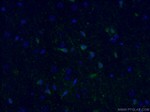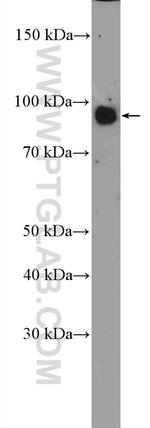Product Details
26276-1-AP
Species Reactivity
Published species
Host/Isotype
Class
Type
Immunogen
Conjugate
Form
Concentration
Purification
Storage buffer
Contains
Storage conditions
Shipping conditions
Product Specific Information
Immunogen sequence: DQHMVFCPE QLLRVILAHI HYMPDHWQGV HFGRVAEPHC HTPHPHLLPA PTGPGDYRLL PKLHRGGRWC GRYLLLCSDG CSPAWSSPVA ICWADRGLSV PAS (427-528 aa encoded by BC065534)
Target Information
Macroautophagy is the major inducible pathway for the general turnover of cytoplasmic constituents in eukaryotic cells, it is also responsible for the degradation of active cytoplasmic enzymes and organelles during nutrient starvation. Macroautophagy involves the formation of double-membrane bound autophagosomes which enclose the cytoplasmic constituent targeted for degradation in a membrane bound structure, which then fuse with the lysosome (or vacuole) releasing a single-membrane bound autophagic bodies which are then degraded within the lysosome (or vacuole). Apg9 plays a direct role in the formation of the cytoplasm to vacuole targeting and autophagic vesicles, possibly serving as a marker for a specialized compartment essential for these vesicle-mediated alternative targeting pathways.
For Research Use Only. Not for use in diagnostic procedures. Not for resale without express authorization.
Bioinformatics
Protein Aliases: Apg9; APG9 autophagy 9-like 1; APG9-like 1; Apg911; APG9A; ATG 9A; ATG9 autophagy related 9 homolog A; autophagy 9-like 1 protein; autophagy protein 9; autophagy-related 9-like 1; autophagy-related 9A; Autophagy-related protein 9A; FLJ22169; mATG9
Gene Aliases: APG9L1; Atg9; ATG9A; Atg9l1; AU019532; mATG9; MGD3208
UniProt ID: (Human) Q7Z3C6, (Mouse) Q68FE2
Entrez Gene ID: (Human) 79065, (Mouse) 245860

Performance Guarantee
If an Invitrogen™ antibody doesn't perform as described on our website or datasheet,we'll replace the product at no cost to you, or provide you with a credit for a future purchase.*
Learn more
We're here to help
Get expert recommendations for common problems or connect directly with an on staff expert for technical assistance related to applications, equipment and general product use.
Contact tech support
